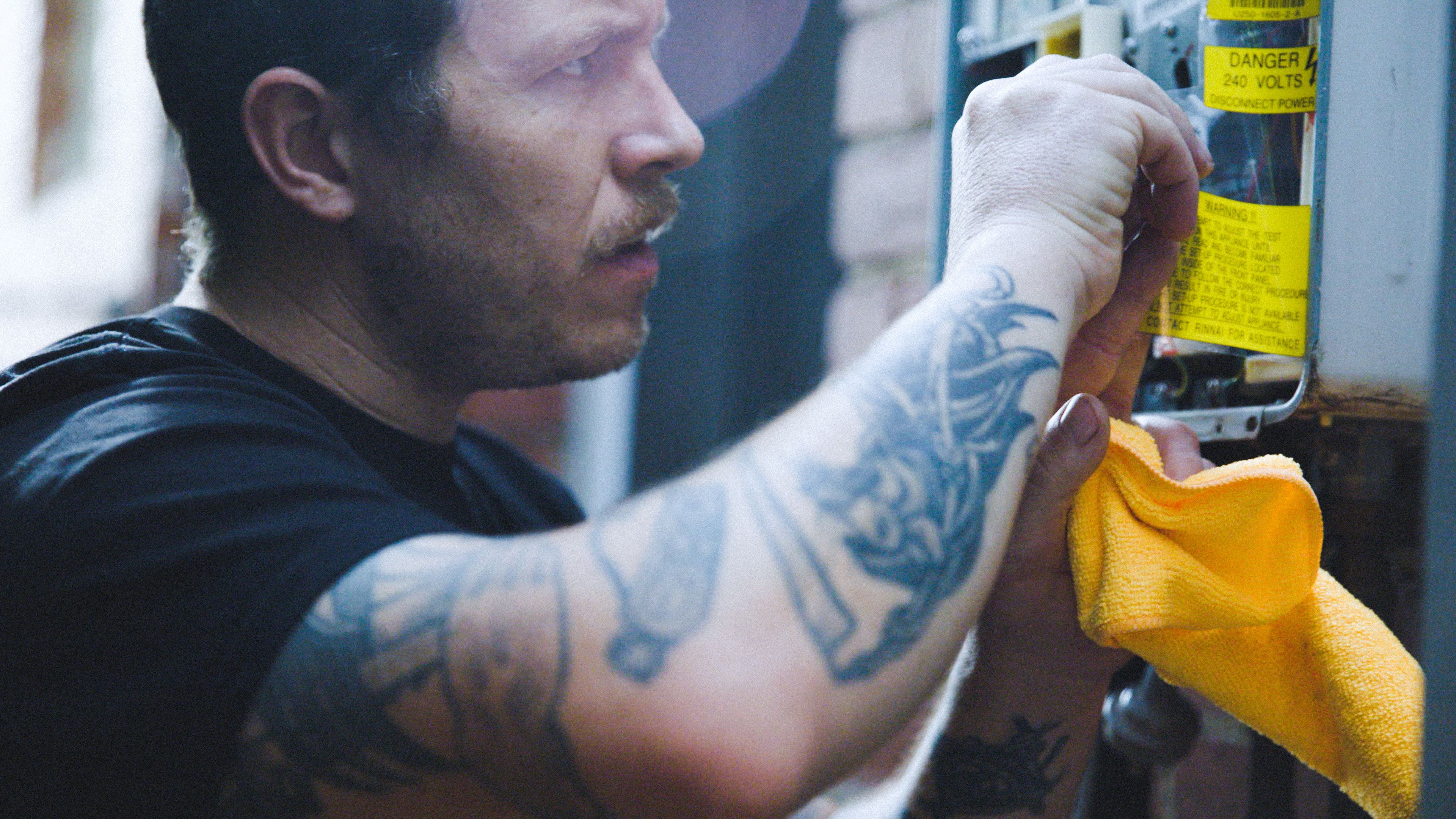Common Causes & Fast Fixes When Your Hot Water Disappears
What to do when your hot water suddenly runs cold.
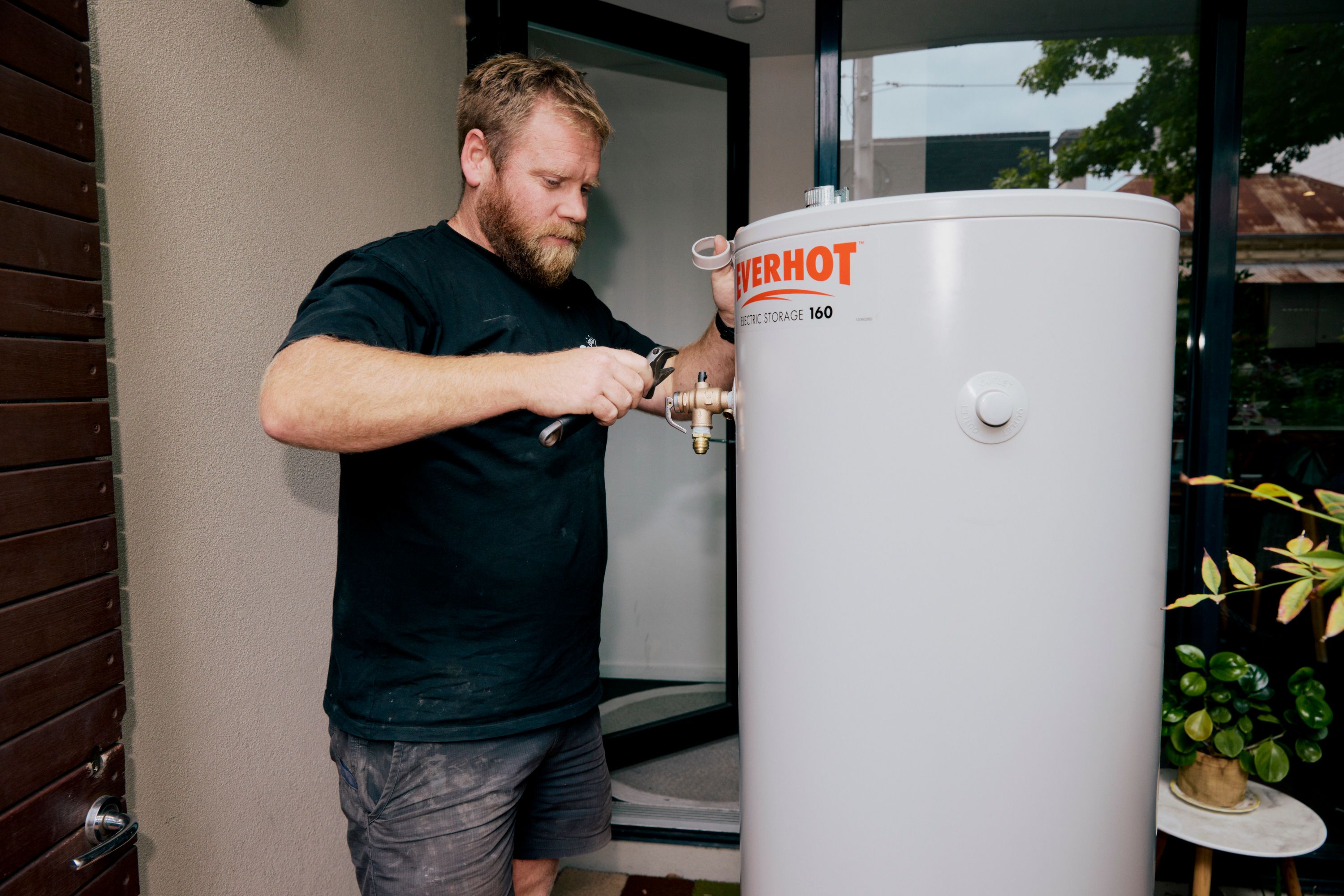
What to do when your hot water suddenly runs cold.
Sometimes, it's a simple fix you can handle yourself. Other times, it's a sign of something more serious that needs a pro's touch. Let's dive into what might be causing your hot water headache and figure out when you can roll up your sleeves versus when you should reach for your phone to call the Good Maintenance team.
Getting to know your hot water system
Before we start playing detective, it helps to understand what you're working with. Most homes have an electric or gas hot water system, and knowing which one you've got makes all the difference when troubleshooting goes wrong.
Electric hot water systems are pretty straightforward as they use heating elements (giant versions of the coils in your toaster) to warm up the water in a big tank. Gas units, on the other hand, have a burner at the bottom with a pilot light that keeps things running. Each type has its own personality when it comes to common problems.
If you've got an electric unit and suddenly have no hot water, you're probably looking at a power issue or a busted heating element. With gas heaters, it's usually something to do with the pilot light going out or a hiccup with the gas supply. In really cold weather, gas lines can even freeze up, which is about as fun as it sounds.
The usual suspects behind cold showers
Let's start with the most common culprits that leave you shivering:
- For electric hot water systems, a tripped circuit breaker is often the villain. Sometimes, your system draws too much power, and the breaker says, "Nope." If it's not the breaker, you might be dealing with a dead heating element. When the bottom element dies (which happens more often than the top one), you'll get some hot water at first, but it'll run out fast.
- The pilot light is usually suspect number one for gas hot water systems. It can get blown out by drafts, dirty burner ports, or just because it feels like being difficult that day.
- Sometimes, it's a gas supply problem, especially if you've got other gas appliances acting up, too.
- Then there's the enemy of all hot water systems: sediment buildup. Over time, minerals from your water settle at the bottom of the tank. This gunk makes your heater work harder, causes weird rumbling and popping sounds, and leaves you with lukewarm water.
Don't ignore visible leaks either, even tiny ones. That innocent little drip might seem harmless, but it often means there's corrosion or cracks inside your tank.
DIY fixes you can try (safely)
Before you do anything, and we can't stress this enough: safety first.
Turn off the power to electric units at your circuit breaker, and shut off the gas supply for gas heaters. Once you've made things safe, here are some basic troubleshooting steps worth trying:
- Head to your electrical panel and look for the breaker. If it's tripped, flip it off, then back on. Sometimes, these things just need a little reset to get back in the game.
- For gas heaters, peek at the pilot light. If it's out, your manual should have instructions for safely relighting it. Don't wing it. Follow those instructions to the letter.
- Electric systems have a high-temperature limit switch (usually behind a panel with a red reset button). If your breaker's fine but you still have no hot water, try pressing this reset button after turning off the power.
- If your water's lukewarm or your tank sounds like it's arguing with itself, sediment might be the issue. You can drain and flush the tank, but this involves turning off power and water, hooking up a hose, and dealing with potentially scalding water, so be extra careful.
Sometimes, the fix is embarrassingly simple. Make sure your thermostat is set to around 49°C. Any higher, you're wasting energy; any lower, and you might not have enough hot water for your needs.
When to wave the white flag and call a pro
Hot water systems are more complex than they look, and some problems are way beyond DIY territory. If your basic troubleshooting doesn't solve the issue, or if you're seeing certain red flags, it's time to call the experts at Good Maintenance.
Persistent problems are a big clue. If your pilot light keeps going out, your breaker keeps tripping, or you're still getting cold water after trying the simple fixes, something bigger is happening. Our professionals have specialised tools and knowledge to diagnose issues that would leave most homeowners scratching their heads.
Leaks, weird noises, and funky smells are also your cue to step back. That sulphur smell (like rotten eggs) could mean bacterial growth in your tank. Rusty or discoloured water often signals internal corrosion, and those banging, popping, or whining sounds usually mean significant problems that require professional attention.
The Good Maintenance team can save you a lot of trouble
As hot water systems involve electricity, gas, and scalding hot water, it's best to hand the problem over to professionals like the team at Good Maintenance, who deal with these hazards every day. We know how to work safely and are up to date on local codes and regulations, which is more important than you might think.
While your DIY efforts might provide temporary relief, our team will get to the root cause. We can spot issues you'd never notice and prevent small problems from becoming expensive disasters. It's also important to note that most warranties are void if unlicensed people work on them. Good Maintenance repairs protect your investment and give you recourse if something goes wrong later.
Let us improve your system's efficiency and extend its life. We'll optimise your entire setup, saving you money on energy bills and preventing future problems!
Related articles
Nothing ruins your morning quite like stepping into a freezing cold shower.
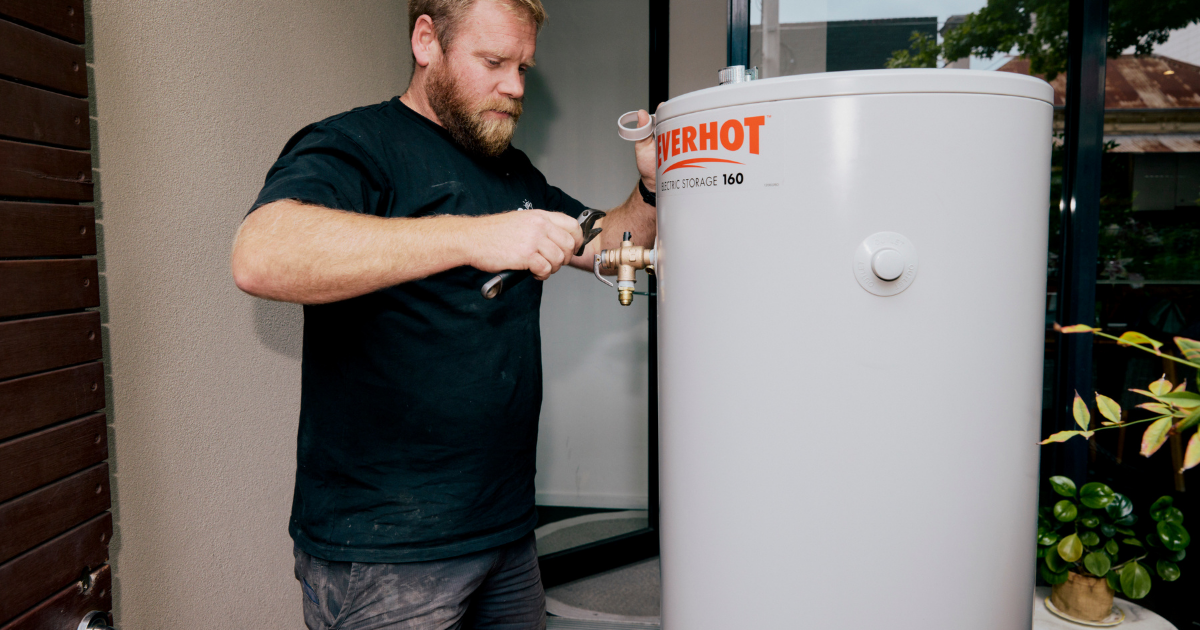
Nobody likes seeing their water bill climb higher each month, especially when you know it's probably from some annoying drip you keep meaning to fix.
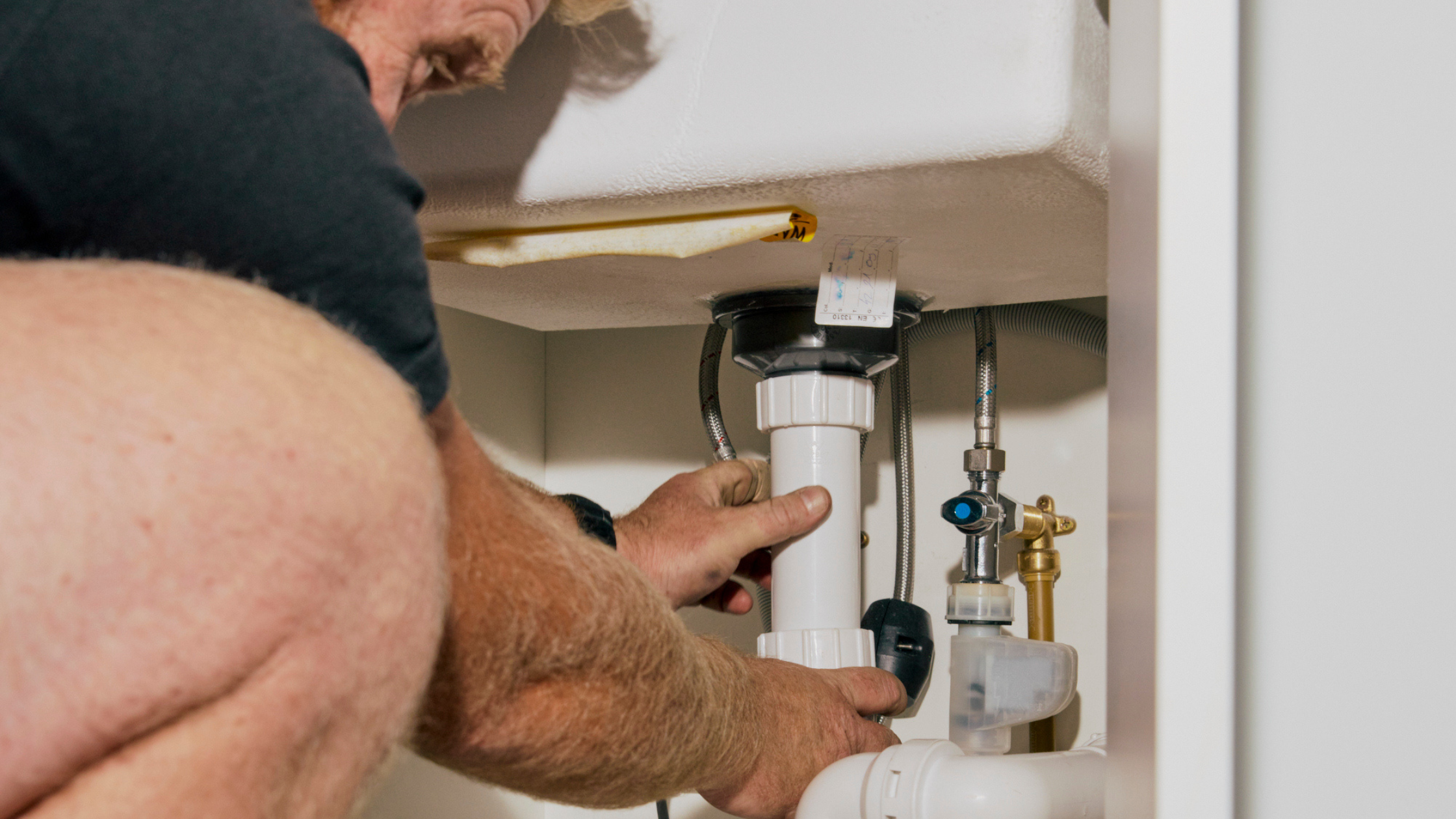
Everyone hates the frustration of watching water sit stubbornly in your sink, refusing to drain.
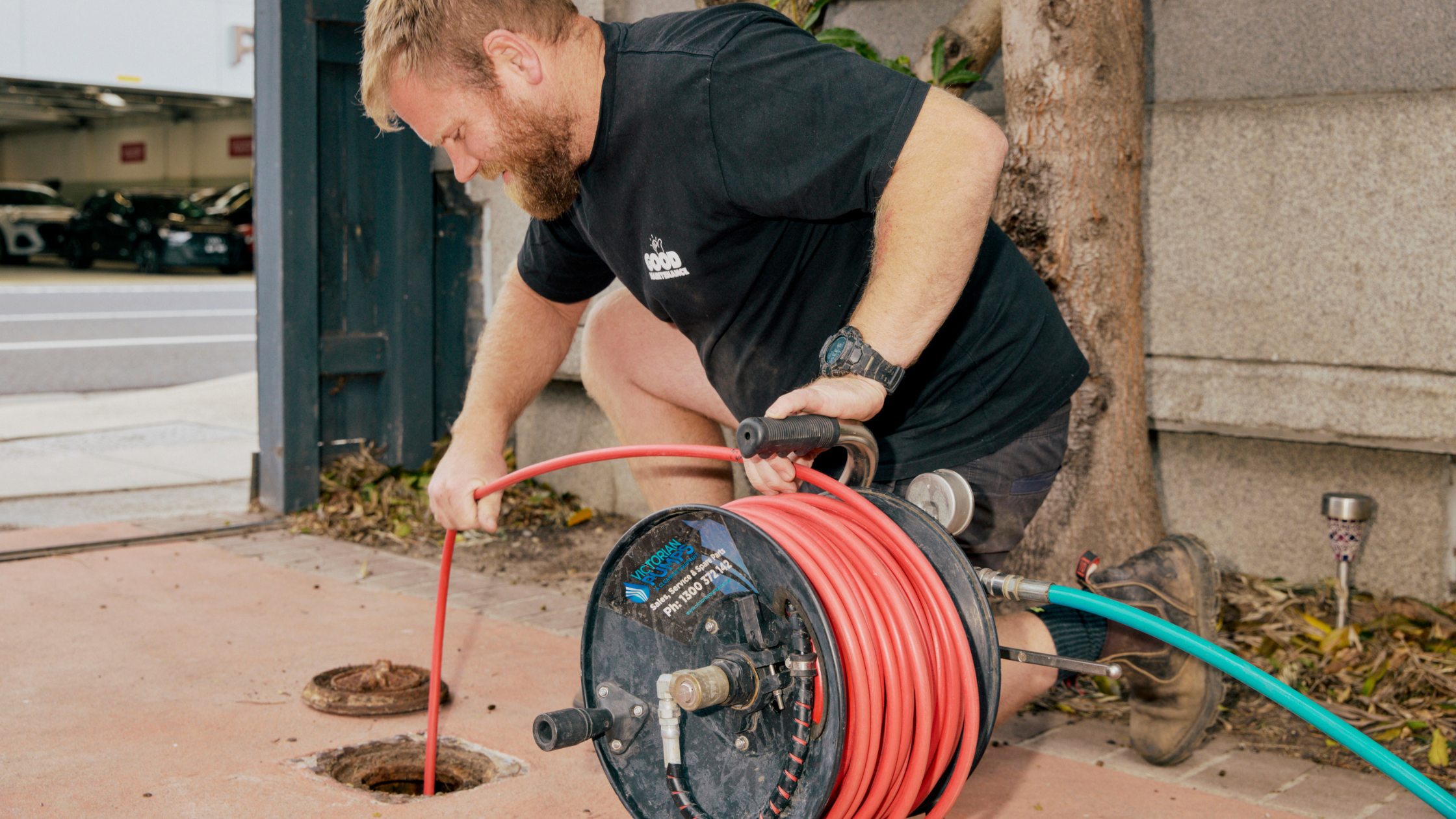
My Hot Water Is Running Cold. What Should I Check?
